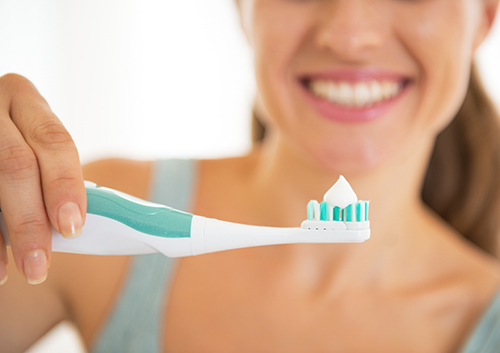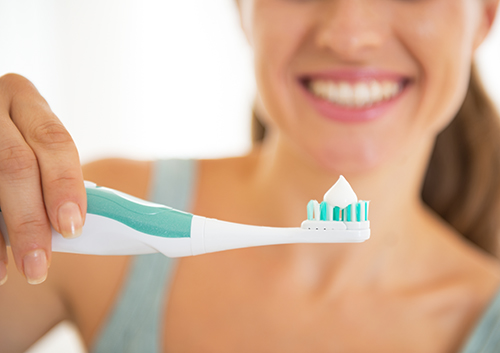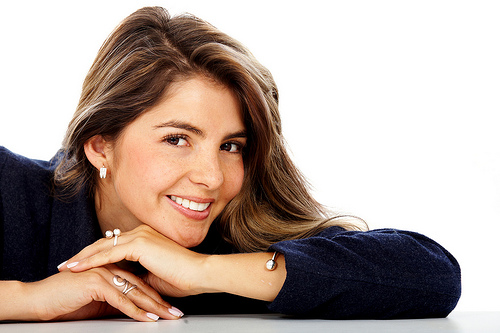Electric Toothbrush Innovations
August 4th, 2021

If you’re happy with your manual toothbrush, read no further. But if you’re looking for more options than “firm,” “medium,” or “soft,” there’s a world of electric toothbrush innovations out there waiting to make your brushing routine not only more efficient, but interactive as well! What does innovative toothbrush technology offer?
A Menu of Brushing Options
Some brushes now offer several different modes to choose from, depending on how you want to use your electric toothbrush. There are options for sensitive teeth, polishing, deep cleaning, massage, or gum care along with the regular cleaning setting. Whether you want whitening action or a gentle massage for teeth and gums, there’s a brush out there for you.
Pressure Sensors
Electric toothbrushes are a great way to avoid brushing too vigorously. Even with soft bristles (which should be your go-to choice), a manual toothbrush can irritate sensitive gum tissue if it is applied with too much pressure. And over time, harsh brushing can lead to enamel damage. An electric toothbrush, on the other hand, provides consistent, gentle brushing with normal use. If you still have a tendency to be a bit heavy-handed, a helpful pressure sensor can provide a warning light or actually reduce the brush’s motor speed to get you back on track.
Smart Toothbrushes
There’s an app for it! Many electric models offer wireless connectivity to an app that monitors your brushing habits. You can track your brushing time, get a reminder when your brush head needs changing, even view a map of the areas you’re cleaning effectively—and the ones you’re missing. Check out individual models to see just what you can learn from your smart brush.
USB Charging
No need to search for outlet space or amass a collection of travel adapters any longer. USB charging cases makes your electric toothbrush convenient and portable.
And more innovations are in the works—fully biodegradable toothbrush heads, toothbrushes powered only by water or kinetic energy, and an app that offers games while you brush. For toothbrush traditionalists, a manual toothbrush will still do a great job. But if you are looking for the latest in toothbrush technology, explore what the newest electric brushes can do for you. Ask Kirby Kavanaugh during your next appointment to our Kansas City, MO office. The end goal of toothbrush innovation, after all, is healthy teeth and gums. Make your next selfie something to smile about!



